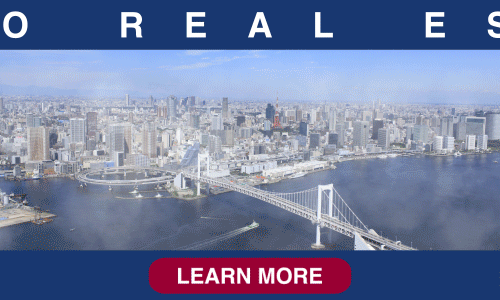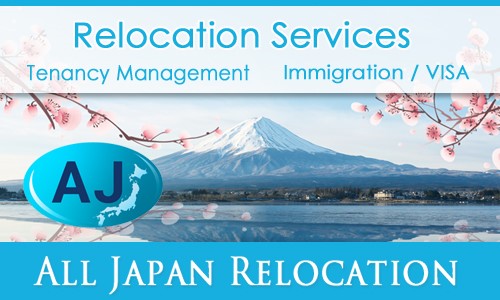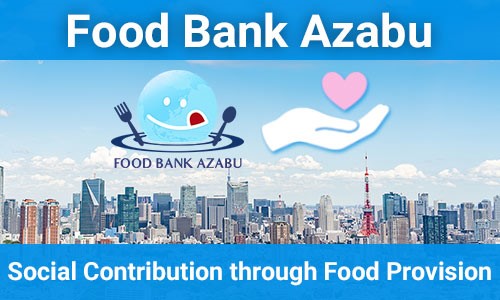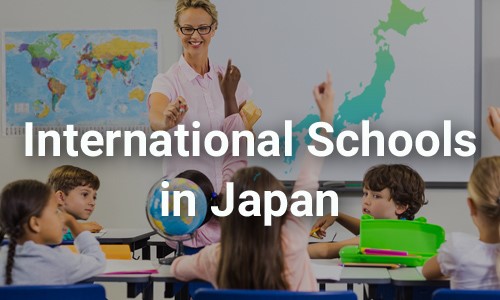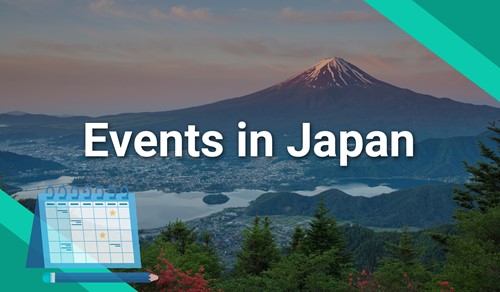Japanese Education System - Public, Private and International schools
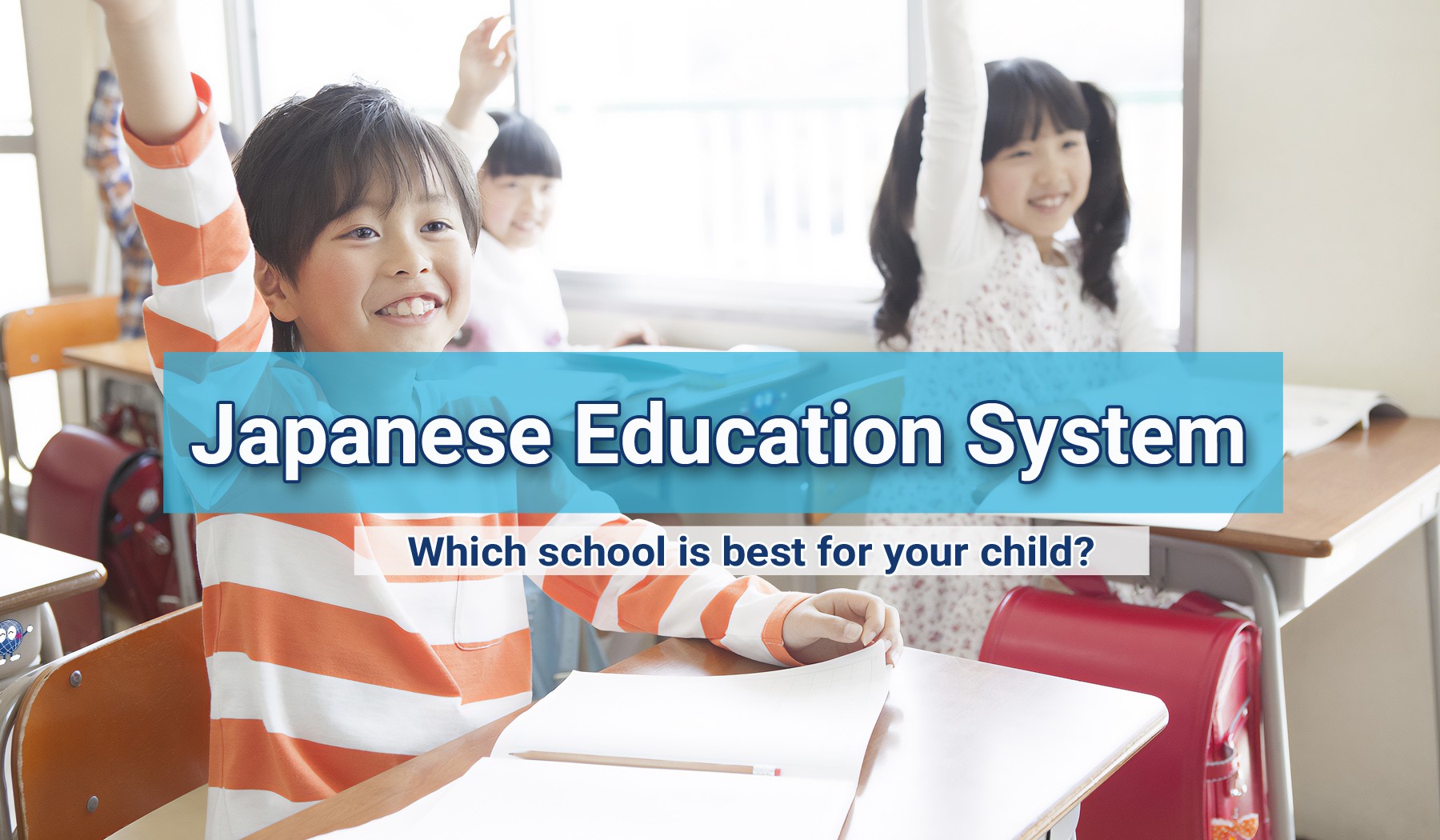
You may wonder how does the school system in Japan work? When and at what age does school start? When does it end? For those in Japan, you may be trying to decide if your child should attend a Japanese school or an international school. Our guide to Japan’s education system will help you choose what type of school is best for your child or at the very least satisfy your curiosity.
The Japanese School System
The length of compulsory education in Japan is 9 years, a combination of Elementary School (6 years) and Junior High School (3 years). The Japanese school year starts on April 1 and ends on March 31 of the following year.
>> School Grade and Age Structures in Japan
Foreign students are not required to participate in Japan’s compulsory education (Grade 1-9). However, they do have the option to enroll in public (local) elementary or junior high school, as long as their address is registered with the administrative office.
Although high school is not compulsory, approximately 98% of students choose to continue their education by attending high school. After high school, students with either go to university, vocational school (professional training college), junior college, or find employment.
The Japanese Education System
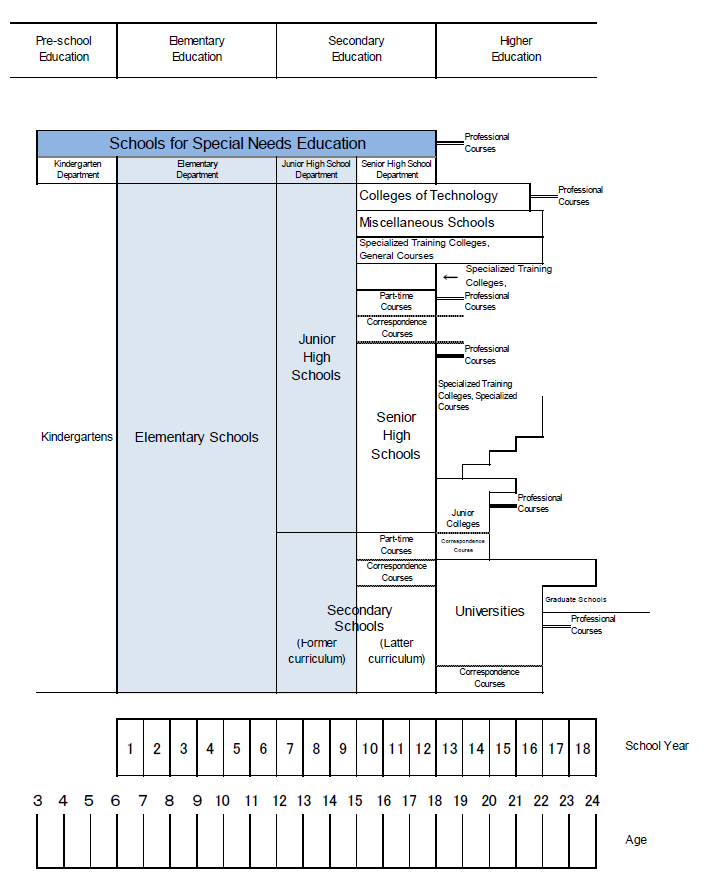
Image via Ministry of Education, Culture, Sports, Science and Technology
Age range and grades of Japanese Schools
- Elementary School (Grade 1-6)
- Age 7-12 years old
- *Compulsory Education
- Junior High School (Grade 7-9)
- Age 13 - 15 years old
- *Compulsory Education
- High School (Grade 10-12)
- Age 16 - 18 years old
[Useful Links]
"Guide for foreign students to start school" and "Guidebook for Starting School" are available on the Ministry of Education, Culture, Sports, Science and Technology website.
What’s the difference between Public, Private and International schools?

- 1) Public Local Schools
- - Tuition is cheaper than a private school
- - Schools are administrated by a district (you cannot choose a school outside of the district you live in)
- - All classes are taught in Japanese
- - Available from Kindergarten to University (National)
- 2) Private Schools
- - Tuition is about 5-7 times more expensive than a public school
- - Schools are not divided by district, you can attend the school of your choice
- - Students must pass an entrance exam to enroll the school
- - Some classes may be taught in English
- - Available from Kindergarten to University (National)
- 3) International Schools
- - Mainly for foreign students, expat’s children, or bicultural students
- - Tuition is much more expensive than a private school
- - All classes are taught in English
- - Available from Kinder garden to High School
- - There are International Baccalaureate (IB) and Cambridge A Level accredited schools
>> List of international schools in Japan
** Attention **
Not all international schools in Japan are accredited by the Ministry of Education. It is important to find out if your child would obtain a sufficient certificate from them upon graduation from the school.
You can also research in advance to see if the school is accredited by WASC (Western Association of Schools and Colleges), CIS (Council of international Schools), ACSI (Association of Christian Schools International) or IB (International Baccalaureate) etc. so that when you move back to your country or move to another country your child is still able to continue studying at the school of their choice.
You may also be interested in:
* List of International Schools in Japan
* Primary - Elementary School System in Japan
* Enrolling in a Japanese public school and materials you need to prepare
* What You Should Know about Japanese Public School Customs
* Yearly Activities and Events in Japanese Public Schools


